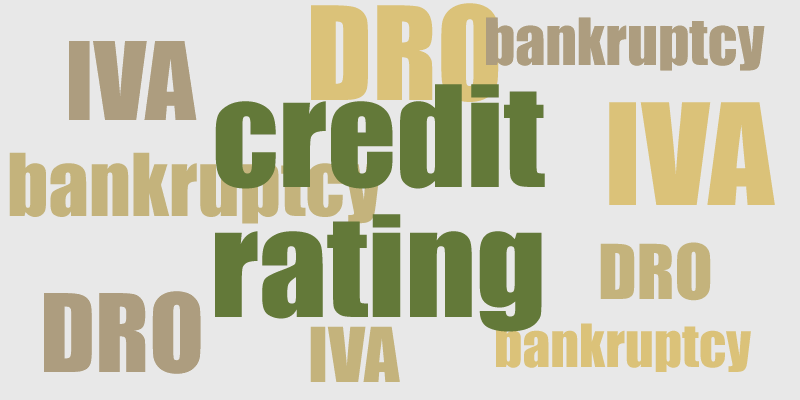
You may think that bankruptcy is a dead end, but in England and Wales, there is another way out, and it is called Individual Voluntary Arrangement, or IVA.
What is IVA?
It is a contractual arrangement you make with creditors, so if you have a debt and need flexibility, you set a period of time, of usually five or six years, and you use it to pay it. But first, there are a few things to have in mind before having access to an IVA.
Who decides you can get one?
An IVA is a formal and legal debt solution, and it has to be approved by the court in order to get one. But before presenting it to the court, the arrangement has to be set by a lawyer or an accountant, who is going to be called an Insolvency Practitioner from now on. The Insolvency Practitioner has to set a whole plan for the issued debt, and works as an intermediate between the creditors and the debt holder. There are also debt management companies that take care of these procedures, but their fees are known to be higher than the ones from a professional that works on their own.
How does the whole process go?
From the moment you get an IVA, you have to pay monthly the arranged payment to your Insolvency Practitioner, who is in charge of distributing the money to the creditors. Once the whole process is done, after completing all the payments on time, the fees and the arranged time, you get a certificate of completion from your Insolvency Practitioner. You also don’t have to pay anymore to the creditors, as the debt is now gone, and your record will be taken out of the Insolvency Register.
Can anyone get an IVA?
Not everyone can get this arrangement. Since there are no limits of money, it can get expensive, so your incomes are the first thing to have in mind before choosing this option. In order to have creditors to take care of your debt, you have to reduce your spending and, somehow, increase your income. Plus, the fees are not quite accessible either. They start from around 5000 pounds, and that is a number they add to your payments. But most of it is up to you and changing your lifestyle a little. Just consider spending less and holding apart a little fraction of your monthly income so you can pay your creditors with no problem.
What kinds of debts are eligible?
Most debts are eligible to be honest. There are a few that cannot be considered from the start, such as student loans or child support arrears. But you can include credit card debts, tax debts, gas or electricity bills debts and personal debts that can be proven. So if you have one of them, an IVA is a useful way out.